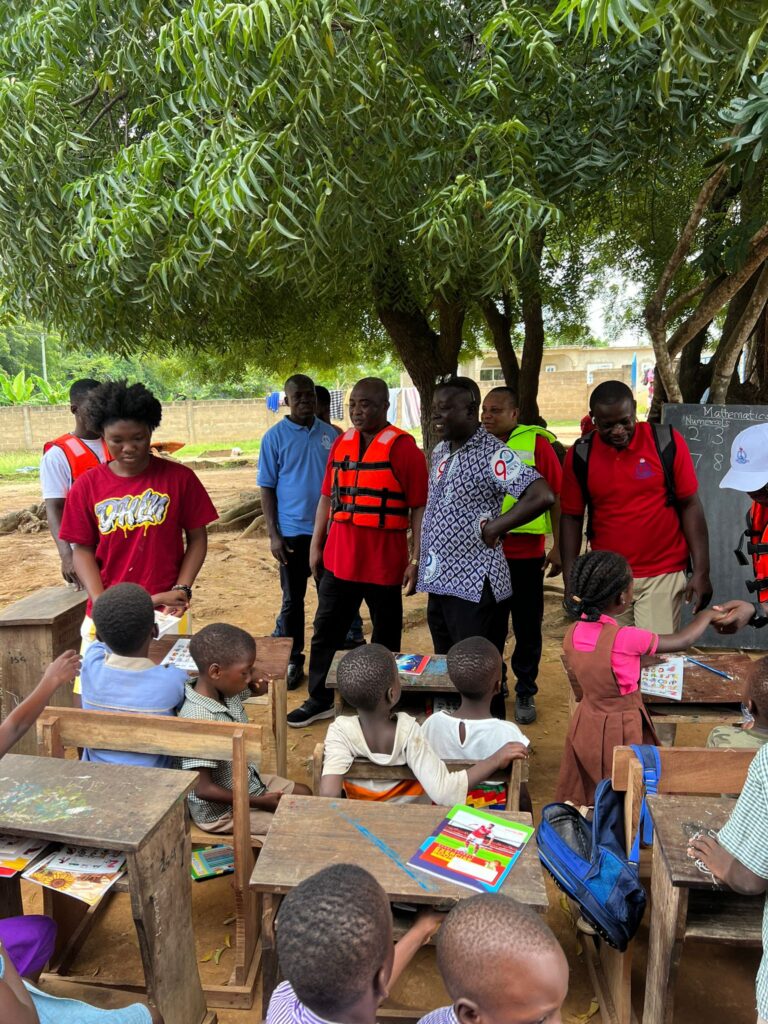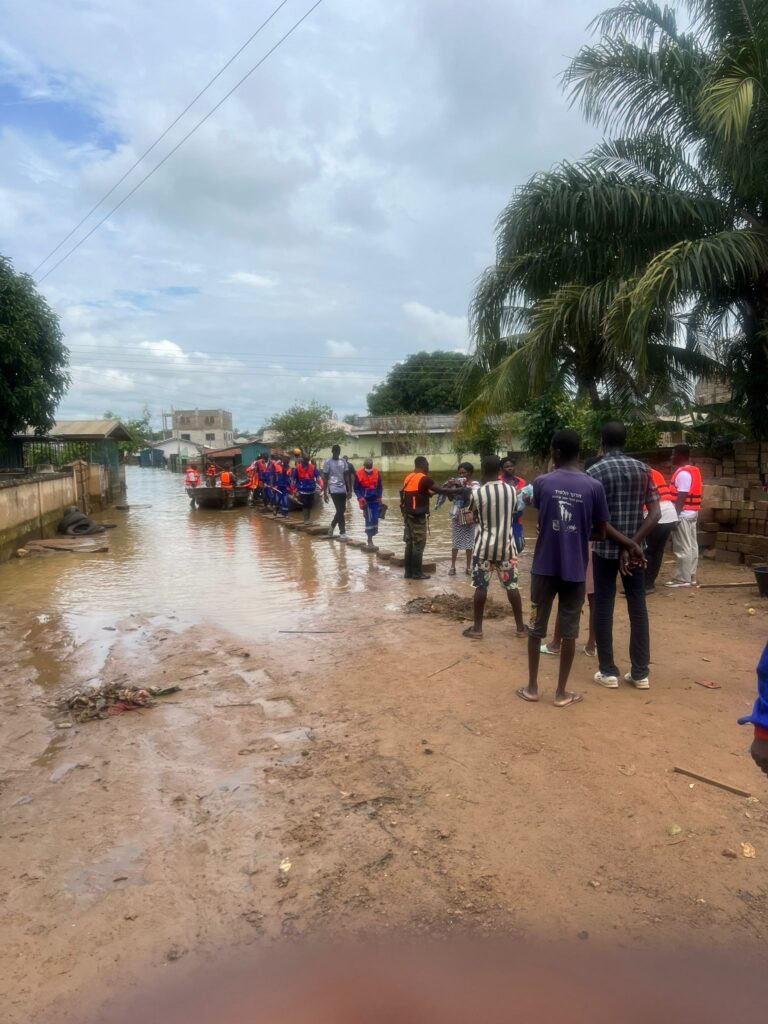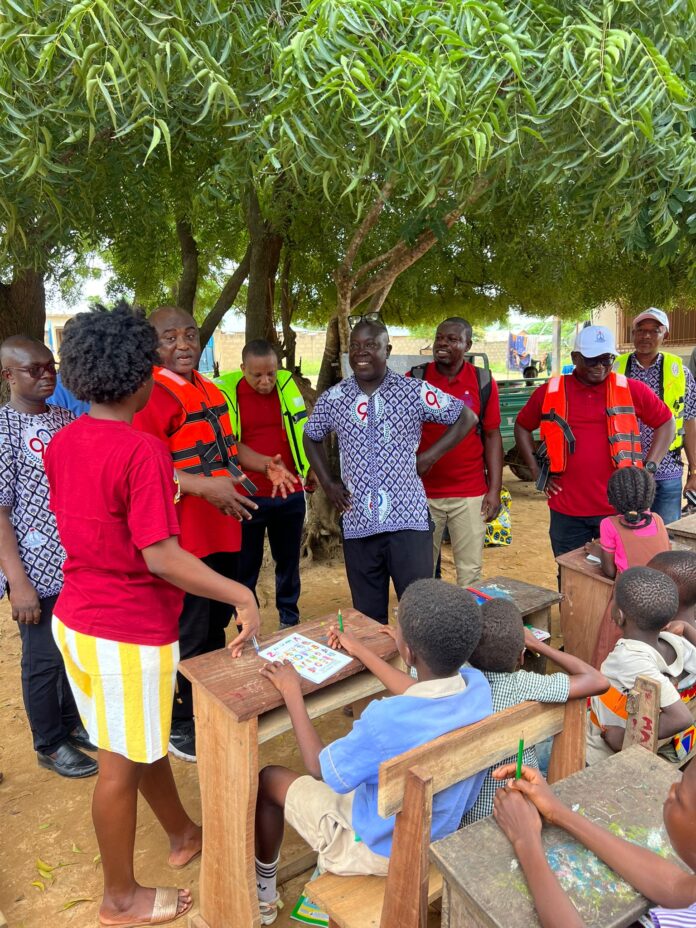As the country continues to count losses, displacements, and damages as a result of the Akosombo Dam spillage, the latest organisation to wade into the issues particularly, how it has affected education, teaching, and learning is the Ghana National Association of Teachers (GNAT).
The leadership of GNAT led by its President Rev. Isaac Owusu has bemoaned the snail pace of the processes meant to restore teaching and learning in the communities mostly affected by the disaster.
During one of its visits to Mepe in the North Tongu Constituency to assess the destruction to education, lives, and property, GNAT President, Rev Isaac Owusu expressed shock at the slow pace of efforts to help teachers and students get their lives back.
Over 300 teachers from Volta and Oti regions have been displaced, with over 70 schools closed, and thousands of students affected painting a clear picture of the current state of Mepe and other affected communities.
A timely visit by officials of the Ghana National Association to assess firsthand the extent of damage also offered leadership the level of support to offer its members. A cash donation of 150,000 cedis from GNAT and the Teachers Fund was aimed at alleviating some prevailing challenges.
President of GNAT, Reverend Isaac Owusu was highly concerned about the impact of the spillage on educational activities at in all affected communities. “Looking at what I have come to see together with my colleagues here is a very sad situation that we find ourselves in. Right here, the head teacher has lost everything and in his office, 18 people are sleeping there. Now are children who used to be in a nice structure look at where they are now, under trees. So I think what we have seen, whatever we can do to bring relief to the victims we shouldn’t hesitate at all,” he revealed.
Leadership also called for a clear roadmap from government to restore education to normalcy imploring the presidency to be swift with response efforts.
The delegation toured some of the classrooms which have been converted into camp sites for affected persons. A classroom can house at least 3 households comprising of more than 15 persons. The teachers were also encouraged to look out for the best of their students despite their predicament.
General Secretary of GNAT, Tanko Musah, explained UNICEF’s principle of education in emergencies that “teachers have to be organised as quickly as possible and also resourced and given all the assistance they need to keep hopes alive. The ministry must put an intervention in place to get it done,” he emphasized.
Regional chairman of GNAT, David Kwabla Kattah, disclosed that the funds would be put to good use as a short-term measure encouraging members to strive for the best.
Currently, there is voluntary teaching and learning ongoing at which the educational minister has announced will be facilitated as a short-term measure to keep students active in the classrooms.














































